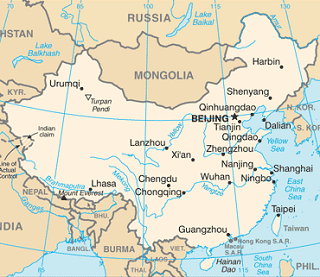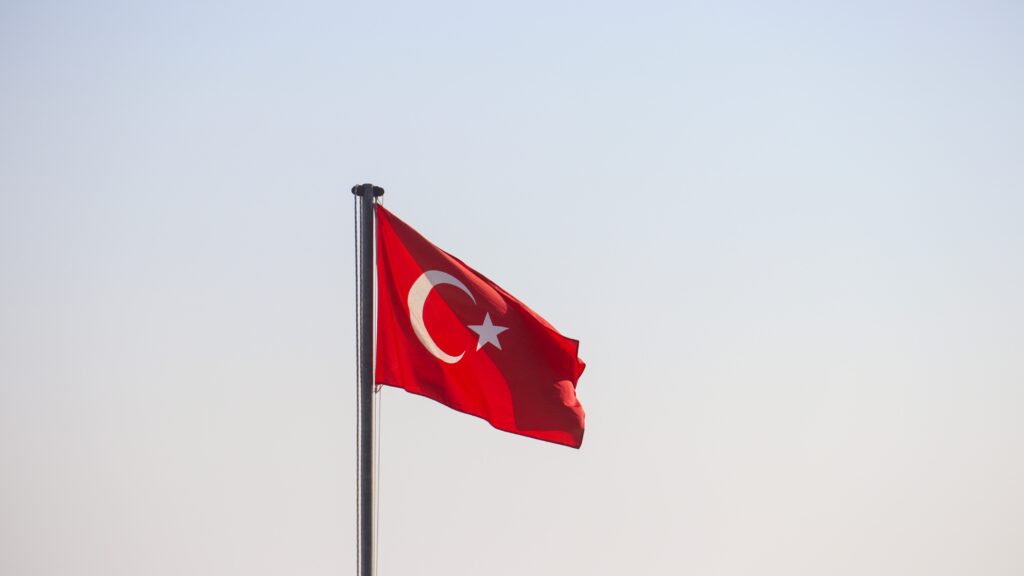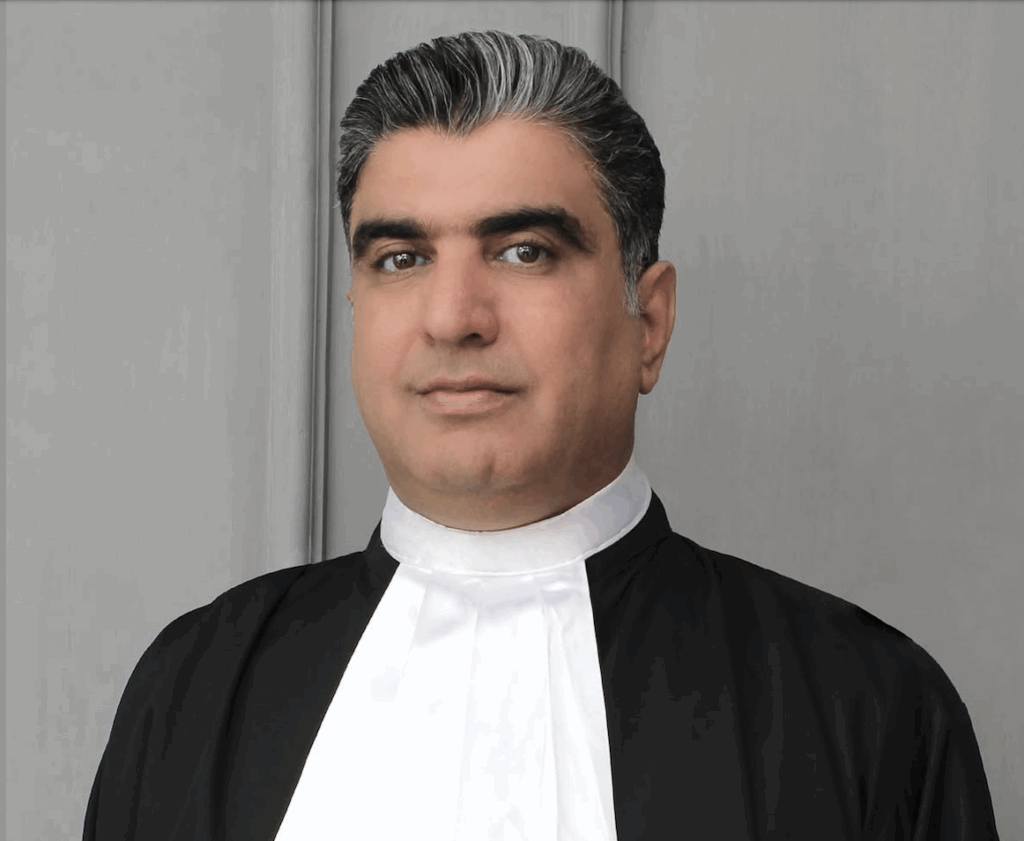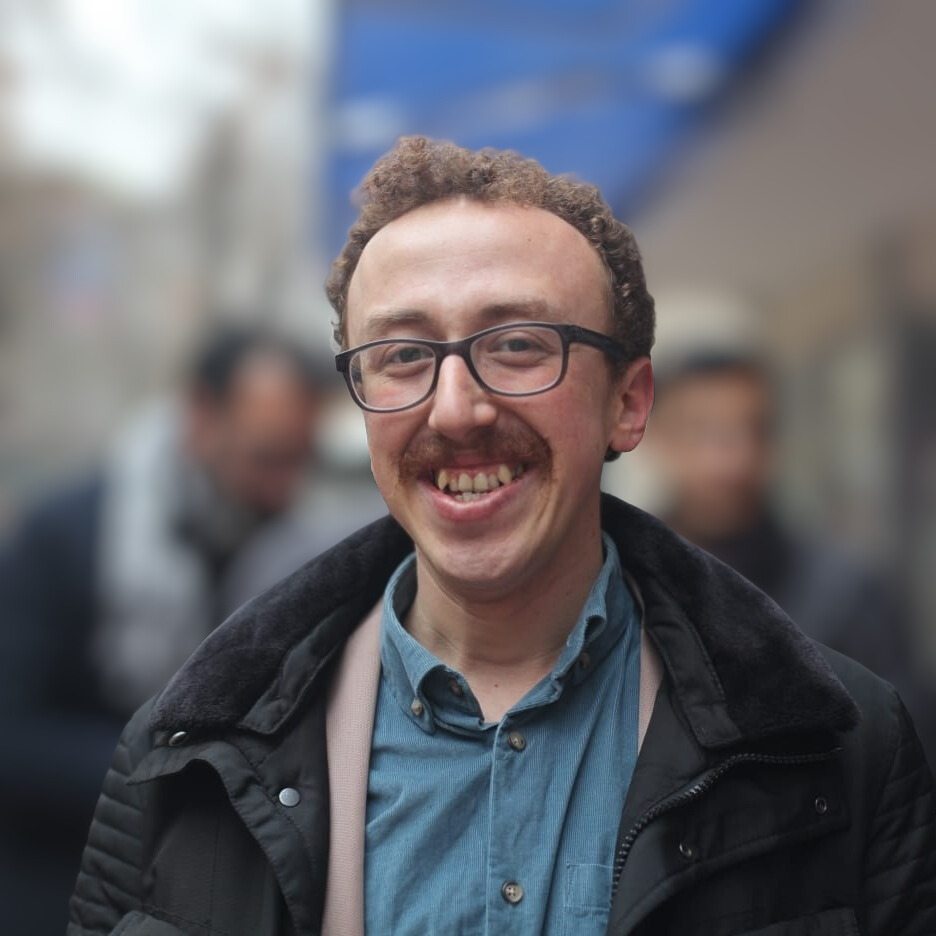Today, 9 July 2019, marks 4 years since the start of the “709 Crackdown”. On this day in 2015, an unprecedented and seemingly well-coordinated detention campaign of a large number of human rights lawyers and defenders in China was initiated. Four years later there seems to be no improvement of the situation of human rights lawyers in China.
In the past year lawyer Wang Quanzhang was sentenced to four and a half years in prison after being secretly detained and tried. After his arrest in 2015, he disappeared for months before he was charged in January 2016 with ‘subversion of state power’. Before the start of the trial, Wang Quanzhang had been held incommunicado for over three years and without any form of due process. Wang Quangzhang’s former defense lawyer Yu Wensheng, after having his license revoked and spending more than 500 days in arbitrary detention, was secretly tried on 9 May 2019. Yu Wensheng was arrested in 2018 on charges of ”inciting subversion of state power’’ and ”obstructing public service’’. The outcome of his trial is yet unknown. Li Yuhan – the defense lawyer of Wang Yu – is still awaiting her trial which was scheduled for 9 April 2019. She has been detained since October 2017 on charges of “picking quarrels and provoking trouble”. Her trial has already been delayed several times. Lawyer Jiang Tianyong was released on 28 February 2019. Although he served his two year sentence for ‘inciting subversion of the State’, he now lives under constant police surveillance and with a serious medical condition.
Administrative repression
Over the past four years lawyers that have not been arrested in the aftermath of the “709 Crackdown” have also been facing increasing difficulties due to repression in the form administrative measures. In November 2016, the Chinese Ministry of Justice implemented two regulations (MoJ Directive 133 and 134) that require lawyers and law firms to support the leadership of the Communist Party of China and the socialist ‘rule of law’ as the basic requirement for legal practice. Lawyers are also prohibited from inciting, organizing or participating in demonstrations that could disturb public order, offline and online. As a result of these regulations lawyers, who are accused of non-compliance, can have their licenses invoked or not renewed. The authorities are furthermore able to shut down law firms if they refuse to dismiss lawyers who express critical views, or who advocate for clients or causes unpopular with the Communist Party of China. Yu Wensheng, Sui Muqing, Zhou Shifeng, Xie Yanyi, Li Heping, Wang Yu, Liu Zhengqing and Liu Xiaoyuan are only 8 out of at least 27 documented cases of human rights lawyers whose licenses have been invalidated or revoked since 2016, simply for fulfilling their professional duties.
Concerns
Lawyers for Lawyers is greatly concerned about the deteriorating situation of human rights lawyers in China. Together with the International Service for Human Rights, Lawyers Rights Watch Canada and the International Bar Association Human Rights Institute, Lawyers for Lawyers delivered a joint oral statement to the Human Rights Council in June 2019 calling on the Chinese authorities to immediately stop all forms of harassment and persecution of human rights lawyers, including through administrative means, and unconditionally release those arbitrarily deprived of their liberty. Lawyers for Lawyers will continue to monitor the situation of lawyers in China closely.




